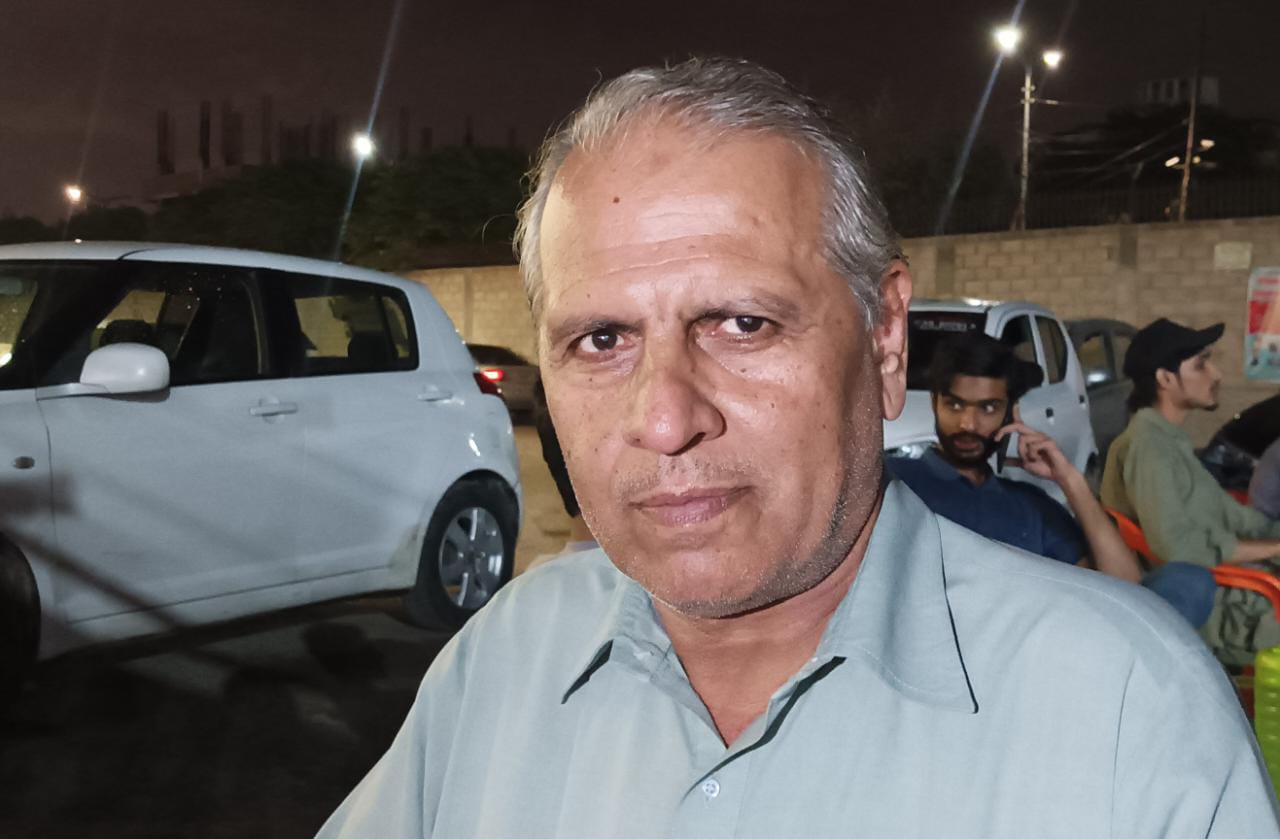
Waheedullah Afridi
Migration to a metropolitan city can bring significant changes to the lives of migrants, especially those who leave their native towns in search of better opportunities.
In some cases, families migrate to cities to escape conflict or natural disasters in their hometowns, presenting a range of opportunities and challenges to them.
One example is of a former motorway police officer who migrated from Tirah, a far-flung area, and picturesque valley in the district of Khyber, to the metropolitan city of Karachi.
The officer's father was a former British army soldier, and the family now lives a lavish life in the city. They left a town with limited infrastructure and job prospects and moved to a bustling city with various opportunities.
Mr. Asif Khan, the son of Jannat Khan, belongs to the notable Zakha Khel sub-tribe of the Afridi tribe of Tirah, Khyber district. He was born in 1962 in the Sultan Abad area of Karachi, Sindh province of Pakistan. He recently retired from the motorway police after serving as a patrolling officer in different parts of Sindh province for 17 years. He has a son and three daughters and lives in a joint family with six other brothers.
According to Mr. Asif Khan, they still own ancestral houses and lands in Arhanga, Zakha Khel area of Tirah Maidan, Khyber.
Before partition, his father served in the Indian army and was posted at Haider Abad, Sindh. Thus, he decided to move his family to Karachi, Sindh. He then served in the Criminal Investigation Department police and Federal Investigation Agency (FIA).
In 1985, he retired from government service and passed away in 2001, buried in a nearby graveyard in Karachi.
Mr. Asif Khan revealed that the reason behind their migration to Karachi was his father's job there. "As I mentioned earlier, we went to school, college, and university here in Karachi. We interact with each other in both Pashto and Urdu languages at home. Although we are not in contact with our native people, we can still fluently speak Pashto in our Tirah accent at home. It is not an easy task, but we are struggling to keep our native language and accent alive in the family domain," he said.
Mr. Asif Khan stated that they often feel completely disconnected from their closest relatives and villagers. "We are not in regular contact with them, and we are gradually forgetting our customs, culture, and environment in our hometown. It is saddening that we cannot participate in our native people's weddings and other functions. I feel very sorry for my hometown people, as they faced the worst times and are still deprived of basic needs and rights."
"Our new generation enjoys a totally different lifestyle from that of Tirah, Khyber people. I think getting a quality education and life was impossible for all of us back there. This migration enabled us to live a quality life where education and other rights are easily available to both our male and female family members. I am sure it was not possible in Tirah, Khyber. Now, four of my brothers have promising careers in the Sindh police, while my son and three daughters are studying at the graduate level in different colleges. We are living a standard life in a diverse society, and if given the option to settle back in Tirah, my answer would be a big 'no' because it would be so hard for me and my family members as we prefer Karachi living ahead," Mr. Asif maintained.